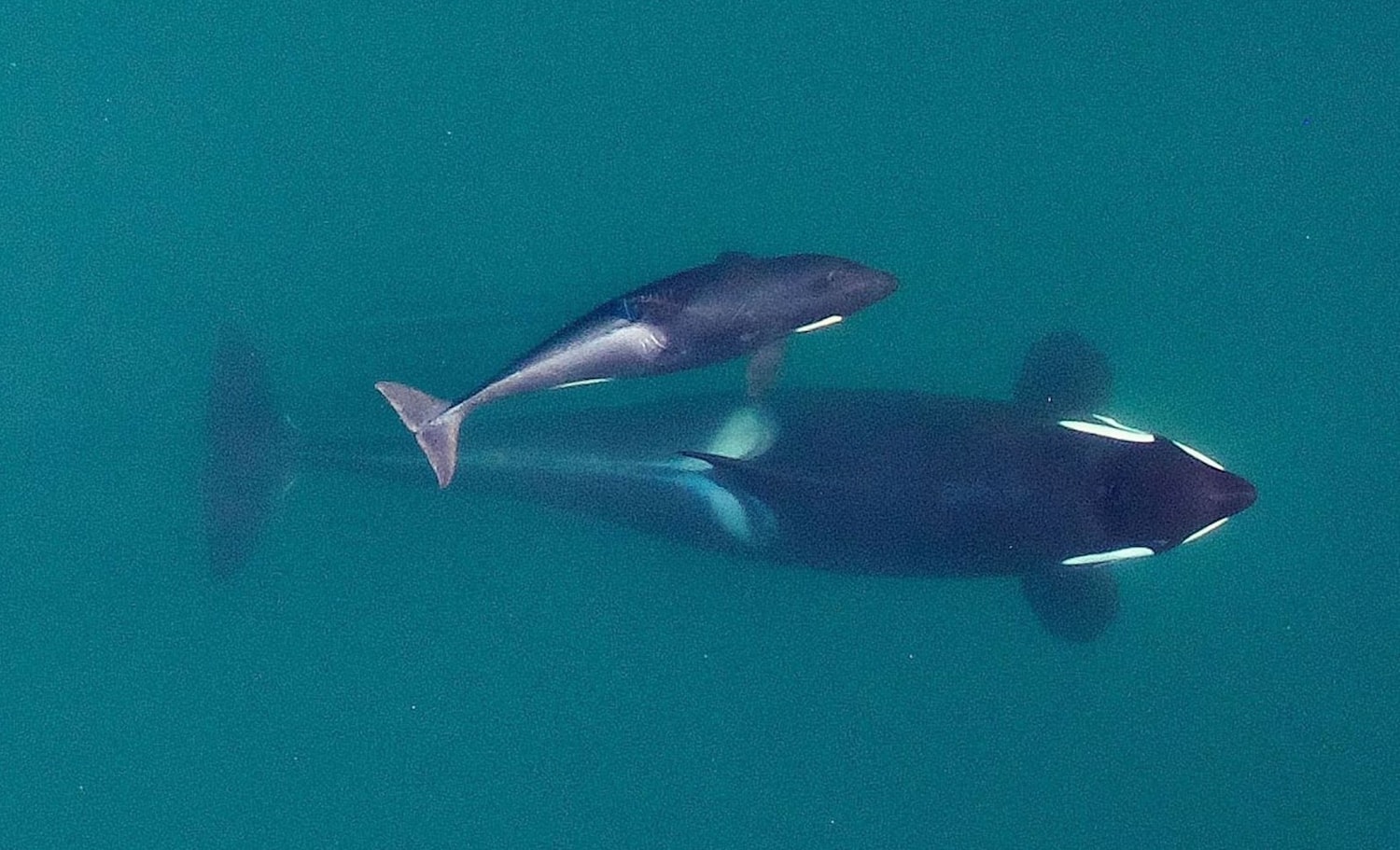
Contacts:
Kurt Beardslee, Wild Fish Conservancy, 206-310-9301, [email protected]
David Moskowitz, The Conservation Angler, 971-235-8953, [email protected]
Claire Loebs Davis, Animal & Earth Advocates, PLLC, 206-601-8476, [email protected]
October 12, 2021— This week, conservation organizations Wild Fish Conservancy and The Conservation Angler filed suit against the Washington Department of Fish and Wildlife for its repeated refusal to follow state environmental laws when setting statewide hatchery policy, including when it recently embarked upon a massive expansion in the production of hatchery salmon that could cause irreparable damage to fragile wild fish populations and to endangered Southern Resident killer whales.
Filed in King County Superior Court, the lawsuit alleges that the Department has been ignoring the requirements of the State Environmental Policy Act (SEPA) since 2018, when it suspended key components of a science-based hatchery reform policy designed to prevent state hatcheries from continuing to contribute to the decline of wild populations of salmon and steelhead and from impeding their recovery. This significant action to abandon science-based hatchery reform was taken without any public notice and was widely criticized, including in a letter signed by 77 prominent fisheries and orca scientists and advocates, who called on Governor Inslee to reinstate the science-based policy recommendations and another letter delivered to the Washington legislature by five former Fish and Wildlife Commissioners responsible for implementing the hatchery reform in the early 2000’s.
After neutralizing the safeguards provided by this hatchery reform policy, the lawsuit alleges, the Department began to massively increase hatchery production of Chinook, coho, and chum salmon at state run facilities, purportedly to provide more food for Southern Resident killer whales. However, the Department did not support its hatchery expansion plan with any evidence that the Southern Resident killer whales would actually eat or be sustained by hatchery salmon. Killer whale scientists agree the whales subsist primarily upon older and larger Chinook that are found almost exclusively in the native Chinook populations that hatcheries have failed to produce, protect, or restore.
Even worse, the Department refused to engage in the SEPA process, including drafting an environmental impact statement that would have assessed any and all potential adverse impacts of the proposed hatchery expansion on both threatened wild salmon and steelhead populations and on the starving Southern Resident killer whales. Hatcheries have long been recognized as one of the four primary threats to wild fish populations.
“The Department took a big gamble, with the only certain payoff going to Washington’s fishing industry, while all the risks are borne by our orcas and wild salmon populations,” said David Moskowitz, Executive Director of The Conservation Angler. “But state environmental law does not allow the Department to risk the future of our fish and wildlife on such an unproven strategy—it requires our agencies to make well-informed decisions based on a careful analysis of the potential adverse environmental impacts of their actions.”
In 2020, at the same time the Department was actively implementing massive hatchery increases without environmental scrutiny, the Department released a report titled ‘A review of hatchery reform science in Washington State’ that found “hatcheries have potential for large magnitude ecological impacts on natural populations that are not well understood, not typically evaluated and not measured” and that “…a focus on efficiency and maximizing abundance prevents widespread implementation of risk reduction measures.”
What’s more, the report recommended that prior to increasing hatchery programs, more environmental review was necessary to evaluate cumulative hatchery effects and to ensure increases wouldn’t harm wild fish recovery, warning large-scale hatchery production “can magnify the political pressure to take advantage of abundant hatchery runs at the expense of natural populations” and concluding that increasing program size can raise both “ecological and genetic risks”. The authors warned that “a rigorous justification for program size is essential for implementing scientifically defensible hatchery programs.”
“No doubt, many people supported the state’s ‘Orca Prey Initiative’ with the best of intentions, because it was presented to the public as a scientifically-credible and rigorously vetted solution to feeding the starving population of Southern Resident killer whales. The problem is that scientists know that producing more hatchery fish is not going to solve the problem, and will likely make this crisis worse”, said Kurt Beardslee, Executive Director of Wild Fish Conservancy.
“As ridiculous as it sounds, reducing overharvest of the whales’ primary food wasn’t even considered as an acceptable solution by the Governor’s Southern Resident Orca Task Force and other resource managers. Instead, the plight of the Southern Residents provided an opportunity for powerful commercial and recreational fishing interests to push for massive increases in hatchery production, putting our orcas and wild salmon at even greater risk”, Beardslee says.
###
Wild Fish Conservancy is a conservation ecology organization dedicated to conservation, protection, and restoration of wild fish ecosystems in the Pacific Northwest. wildfishconservancy.org
The Conservation Angler fights for the protection of wild Pacific anadromous fish populations throughout the Northwest, all the way to Russia’s Kamchatka Peninsula. theconservationangler.org
Wild Fish Conservancy and The Conservation Angler are represented in this matter by Animal & Earth Advocates, PLLC of Seattle, Washington.
Join our mailing list to recieve important updates on our work, the latest wild fish news, & opportunities to take action to support wild fish.
This site is protected by reCAPTCHA and the Google Privacy Policy and Terms of Service apply.
Wild Fish Conservancy is recognized as a 501(c)3 non-profit by the IRS